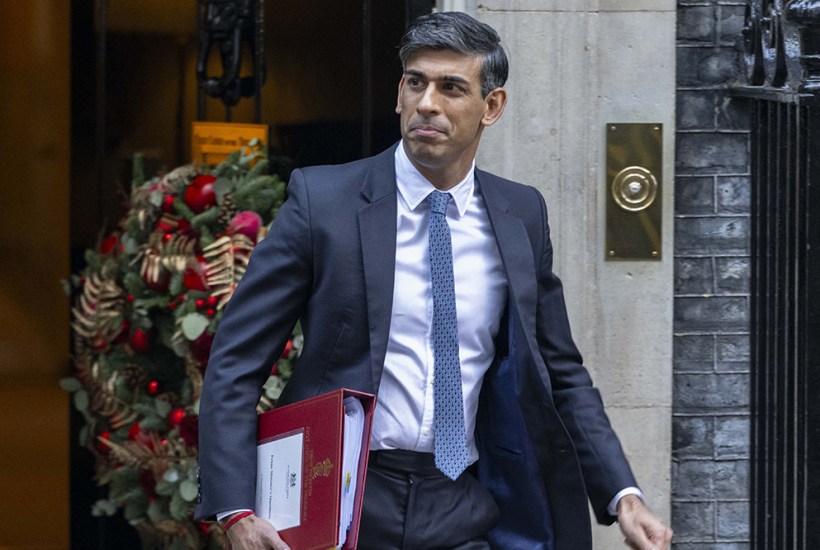At last week’s Spectator Parliamentarian Awards, Suella Braverman was awarded ‘Disruptor of the Year’. In her speech, which seemed to preview her Commons statement on Wednesday, the former home secretary joked that the prize ought, instead, to go to the man responsible ‘for disrupting my plans to cut the [immigration] numbers and deliver our manifesto pledge – the Prime Minister’.
Already a subscriber? Log in
Subscribe for just $2 a week
Try a month of The Spectator Australia absolutely free and without commitment. Not only that but – if you choose to continue – you’ll pay just $2 a week for your first year.
- Unlimited access to spectator.com.au and app
- The weekly edition on the Spectator Australia app
- Spectator podcasts and newsletters
- Full access to spectator.co.uk
Or
Unlock this article
You might disagree with half of it, but you’ll enjoy reading all of it. Try your first month for free, then just $2 a week for the remainder of your first year.









Comments
Don't miss out
Join the conversation with other Spectator Australia readers. Subscribe to leave a comment.
SUBSCRIBEAlready a subscriber? Log in